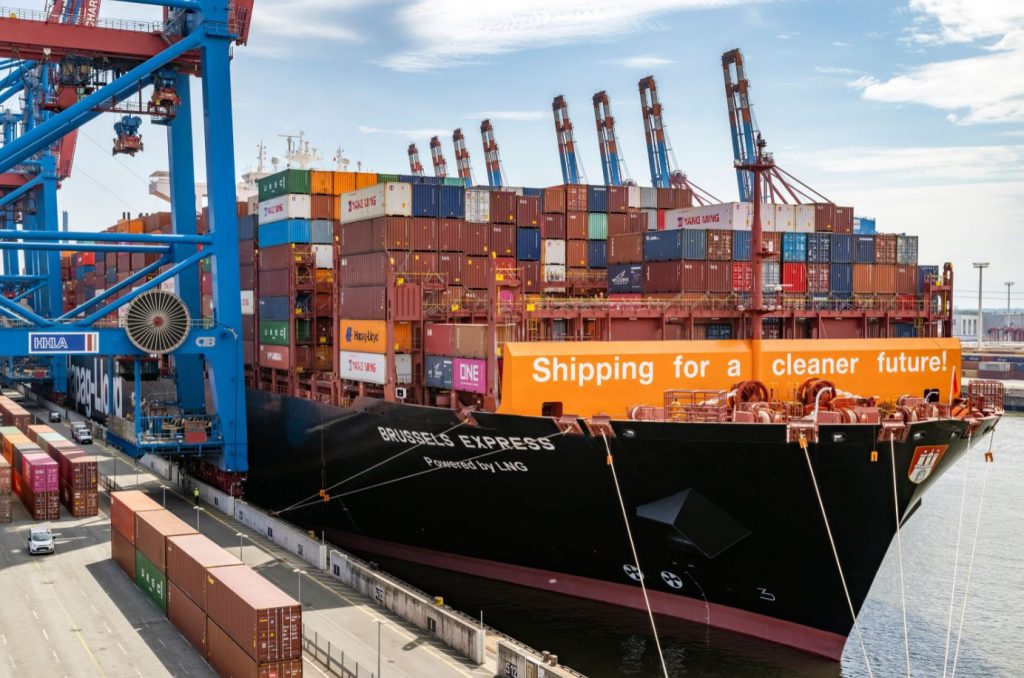The German government continues to back liquefied natural gas (LNG) as fuel in order to slash emissions in shipping.
Germany’s ministry for economic affairs and energy (BMWi) said in a statement last week it had launched a call for funding to firms looking to build refueling or bunkering ships for LNG and renewable fuels.
BMWi said that with this funding it aims to increase the number of such ships and thus improve the infrastructure available for refueling with alternative fuels.
Moreover, the refueling ships would operate in Germany and in the European Union, according to the ministry.
Depending on the size of their project, companies could receive funding of up to 40 percent of the total costs over a period of three years.
Also, shipyards based in Germany have to build the vessels, the ministry said.
Owners looking to build such vessels can now submit their applications until January 31, 2022.
A total of 86 million euros is currently available in the federal budget for the years 2022-2024, the ministry added.
This new move follows the third call for funding to shipowners looking at equipping and converting vessels to go on LNG by the German ministry for transport and digital infrastructure (BMVI).
Prior to that, BMVI said in December last year it had extended the second funding call by the end of this year due to the Covid-19 pandemic.
LNG-powered vessels on the rise in Germany
Germany has been supporting LNG as shipping fuel for years and some ports such as Brunsbuttel already host bunkering operations on a daily basis.
Liquind Marine and GasCom Equipment now regularly deliver LNG via a truck-to-ship method to Elbferry’s Greenferry I in Brunsbuttel.
German owners such as shipping giant Hapag-Lloyd are also investing heavily in LNG as fuel.
Hapag-Lloyd has earlier this year started using the world’s first ultra-large containership LNG retrofit on its Asia-North Europe trade lane.
The German firm will test the 15,000 TEU Brussels Express for a while, prior to deciding on new LNG conversions.
In addition to this vessel, Hapag-Lloyd has earlier this year exercised an option for six additional 23,500+ TEU vessels, boosting the total order at South Korea’s DSME to twelve LNG-powered ULCVs.
DSME will deliver these vessels worth about $2 billion in 2023 and 2024.

